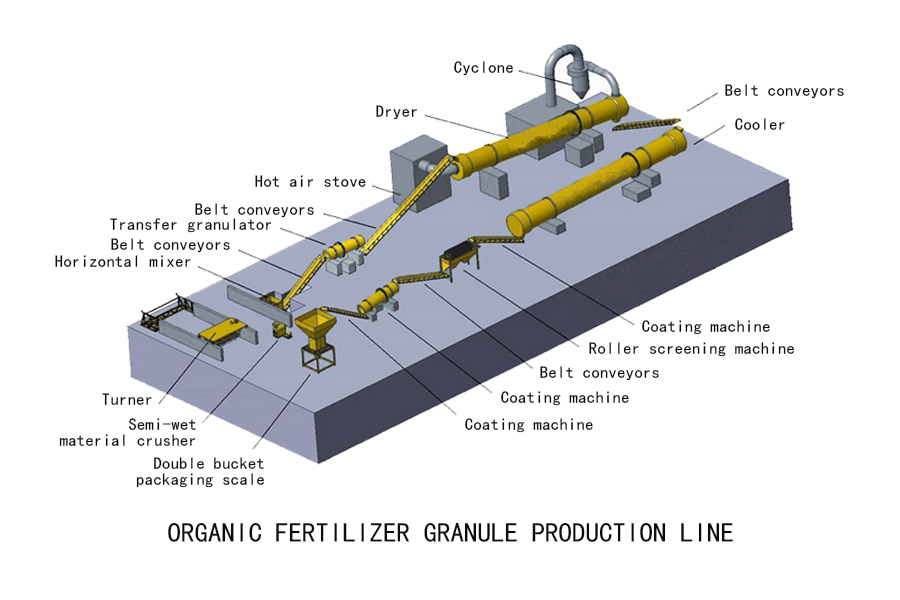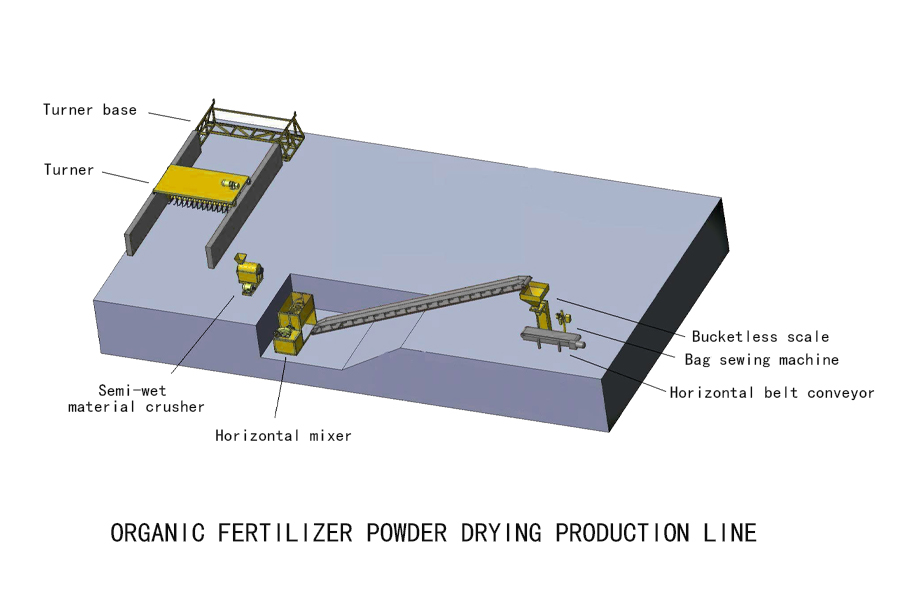Did you know that the global market for batching equipment is projected to reach a staggering $8 billion by 2025? That’s right! With such impressive figures, it’s no wonder that Automatic Dynamic Batching Equipment (ADBE) has become a hot topic in both manufacturing and legal circles.
The Basics of Automatic Dynamic Batching Equipment
So, what exactly is this Automatic Dynamic Batching Equipment? In simple terms, it’s an advanced system designed to automate the process of mixing materials dynamically. But beyond its technical prowess lies a complex web of legal regulations. These machines must comply with various safety standards and environmental laws, which can vary significantly from one region to another. Additionally, when we talk about trade policies and tariffs related to ADBE, things get even more intricate as manufacturers navigate international markets while adhering to local laws.
Diving into Turner Composting Machine and Trade Policies
Now let’s shift gears and discuss something like the turner composting machine within the context of trade policies and tariffs. This piece of equipment plays a crucial role in waste management by turning organic material into compost efficiently. However, when it comes to importing or exporting these machines across borders, companies face specific tariff rates depending on their country of origin. For instance, some nations may impose higher tariffs on imported machinery deemed non-essential or environmentally harmful—this directly impacts pricing strategies for businesses relying on these technologies.
Xincheng’s Approach to Trade Policies and Tariffs

Xincheng is another player worth mentioning regarding trade policies surrounding batching equipment. Known for its innovative designs in automatic dynamic batching systems, Xincheng navigates through varying tariff structures adeptly. They often engage with policymakers to advocate for fair trading practices that benefit not just their business but also promote sustainable manufacturing processes globally.
Wrapping It Up
In conclusion, understanding how Automatic Dynamic Batching Equipment interacts with trade policies and tariffs is essential for anyone involved in manufacturing today. As we’ve seen with examples like turner composting machines and companies like Xincheng navigating these waters effectively showcases how critical compliance is—not just legally but also strategically—for success in today’s competitive landscape.

